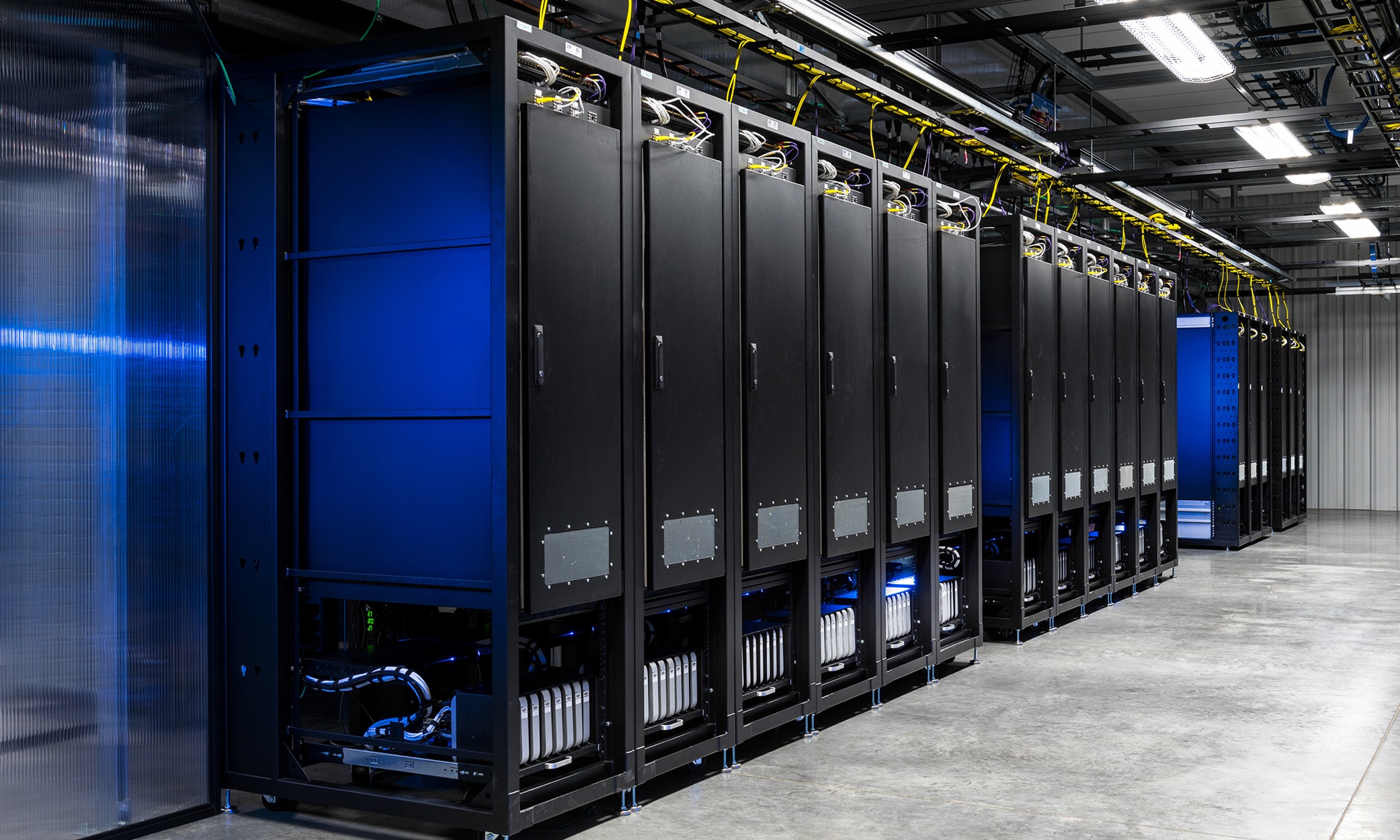Featured
Data centres provide solid foundation during chaos
By MICHAEL FINCH, Rectron’s Datacentre Business Unit Manager
Share
- Click to share on X (Opens in new window) X
- Click to share on Facebook (Opens in new window) Facebook
- Click to share on LinkedIn (Opens in new window) LinkedIn
- Click to email a link to a friend (Opens in new window) Email
- Click to share on Reddit (Opens in new window) Reddit
- Click to share on WhatsApp (Opens in new window) WhatsApp
- Click to share on Pinterest (Opens in new window) Pinterest
Covid-19 has altered industries across the globe highlighting just how dependant the world is on data. The global data centre security solutions market is expected to grow by $5-billion from 2020 to 2024. The role of the data centre has never been more important than during this pandemic, enabling business continuity with delivery of remote working tools and cloud-based services.
When it comes to healthcare, data has played a key role by facilitating artificial intelligence and other tools for tracking the spread of the virus, including emergency services systems, research and development into vaccines. Other industries, such as retail and supply-chain management, have also seen a surge in the use of the data centre as a mission-critical tool. This is also applicable to media, content and gaming delivery, virtual gyms and even schools.
Covid-19 has elevated the status of the data centre industry
As a result of Covid-19, governments and enterprises are starting to consider data centres as mission-critical infrastructure alongside power and water utilities due to their integral role in keeping economies, hospitals and society in working order – from dissemination of information to online shopping. Entire industries have been reset due to Covid-19, and this has made digital infrastructure more important than ever. There is no doubt that there has been a marked elevation in the status of data centres in terms of their recognition as business-critical infrastructure.
The datacentre has a long history of experience in operating through difficult circumstances and environments and this has prepared it to play this key role as the backstop for the rest of the economy. However, what the industry must prepare itself for now, is the fact that this elevation in status is likely to result in its actions and behaviour being scrutinised more than ever before. In particular, on matters of resiliency, given how heavily reliant businesses and consumers are on the data centre’s ability to function during all aspects of their daily lives.
The world is dependent on the data centre community
As organisations grapple to implement business continuity plans, this pandemic increased remote working and necessitated a scale-up of the datacentre. We have seen data centre engineers reclassified as essential workers, facing the challenge of a changed work environment while still providing continuity of service.
Online digital usage across the world has surged. Employees have become reliant on cloud-based remote services to conduct business operations. Hospitals, utilities, and governments are battling with decreased staff and relying heavily upon digitised services like never before. Media and network service providers are also experiencing an unprecedented demand for streaming and online entertainment, showing just how important digital services have become.
Behind every one of these activities exists a data centre. It is not easy to understand what these facilities do and how they run, but this ‘invisible infrastructure’ is responsible for keeping the lights on for organisations and activities we have come to rely on during this pandemic.
Data centres must be supported by modernised technologies
Today’s digital landscape is generating information from data centres all the way to the fingertips of staff and customers. This explosion of data and the expectation for immediate decision-making requires infrastructure that can deliver performance, mobility, security, and centralised management.
As todays datacentre tries to keep up with the rapid rate of business change and innovation. Solutions and technology partners must adapt alongside them. The technologies organisations invest in today should improve agility and remove bottlenecks to new opportunities. The addition of the Lenovo Data Center Group and H3C to Rectron’s data centre solutions portfolio, has enabled Rectron to provide technology solutions that compete at global scale.
Data centres will maintain growth momentum for the future
The Covid-19 crisis has reinforced the importance of data. While this pandemic is driving the present demand for data centres, these facilities are also set to maintain their growth momentum for the future. The digital transformation has been dramatically accelerated by Covid-19 and there is no doubt that this has been a watershed event for the world, and a defining moment for the data centre as a mission-critical business.
Share
- Click to share on X (Opens in new window) X
- Click to share on Facebook (Opens in new window) Facebook
- Click to share on LinkedIn (Opens in new window) LinkedIn
- Click to email a link to a friend (Opens in new window) Email
- Click to share on Reddit (Opens in new window) Reddit
- Click to share on WhatsApp (Opens in new window) WhatsApp
- Click to share on Pinterest (Opens in new window) Pinterest
| Thank you for Signing Up |


















